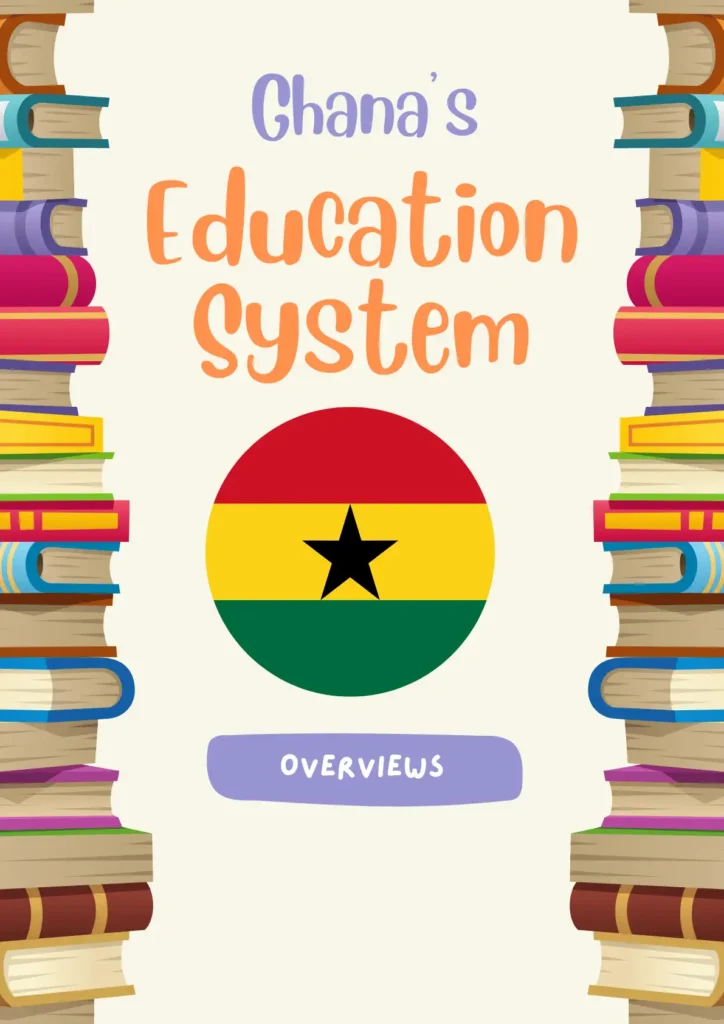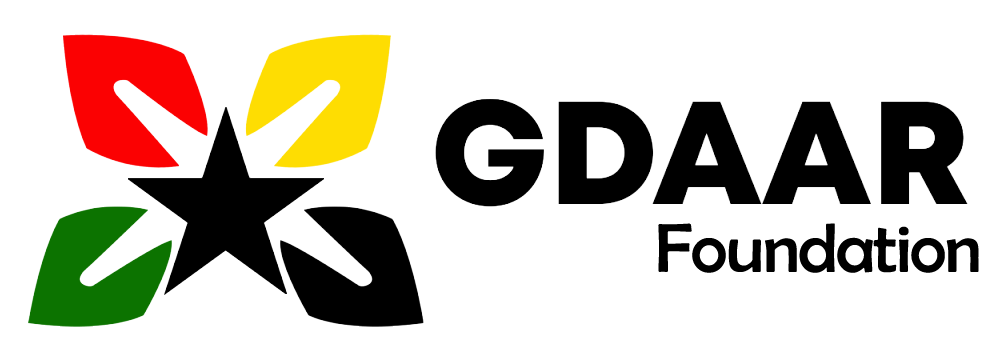By GDAAR Foundation
Ghana’s education System and challenges have been discussed in this article of the GDAAR Foundation. Some good things are happening and lots of scopes have to be improved.
Someone well said, “Education is the backbone of a nation.” To make the country educated, you must run the education system in good functions. To achieve quality education in the country, the Government makes a guideline for the education system. And the Government and Private sectors are working on it. The Ghanaian education system is divided into three parts: basic education, secondary education, and tertiary education.
- Basic education lasts for 9 years and is compulsory for all children between the ages of 6 and 15. It consists of 6 years of primary school and 3 years of junior high school.
- Secondary education lasts for 3 years and is not compulsory. It is divided into two levels: senior high school (SHS) and technical and vocational education and training (TVET).
- Tertiary education lasts for 4 years or more and is offered at universities, polytechnics, and other tertiary institutions.
The academic year of Ghana’s Education System usually goes from August to May inclusive and lasts 40 weeks in primary and senior high school, and 45 weeks in junior high school. Lessons are taught primarily in English.

Basic Education System in Ghana
Basic education in Ghana is provided by both public and private schools. Public schools are free, but they are often overcrowded and lack resources. Private schools are more expensive, but they tend to offer a better quality of education.
The curriculum for Ghana’s basic education system is set by the Ghana Education Service (GES). It includes subjects such as English, mathematics, science, social studies, Ghanaian languages, and religious and moral education.
Ghana’s Secondary Education System
Secondary education plays an important role in any student and his/her higher education.
Secondary education in Ghana is also provided by both public and private schools. Public SHSs are free, but they are highly competitive and only a limited number of students are admitted each year. Private SHSs are more expensive, but they tend to have a better reputation and offer a wider range of courses.
The curriculum for SHS in Ghana is set by the GES. It includes subjects such as English, mathematics, science, social studies, Ghanaian languages, French, and computer science. Students also have the option to choose from a variety of elective courses.
Tertiary Education
Tertiary Ghana’s Education System is offered by universities, polytechnics, and other tertiary institutions. Universities offer undergraduate and postgraduate degrees in a wide range of subjects. Polytechnics offers diploma and certificate courses in technical and vocational education.
The cost of tertiary education in Ghana varies depending on the institution. Public universities are generally more affordable than private universities.
Challenges Facing Ghana’s Education System
There is a large objective in any country on the education system and implementation. And also has several limitations besides the facilities. Ghana’s education system faces several challenges, including:
- Inadequate funding: The Ghanaian government does not allocate enough funding to education. This has led to overcrowded classrooms, a lack of textbooks and other resources, and poorly trained teachers.
- Inequality: The quality of education varies greatly between different parts of Ghana. Children in rural areas often have less access to quality education than children in urban areas.
- Gender disparities: Girls are more likely to drop out of school than boys. This is due to some factors, including poverty, cultural norms, and early marriage.
- Child labour: Many children in Ghana are forced to work instead of going to school. This is due to poverty and the lack of access to quality education.
The Future of Ghana’s Education System
The government has made several commitments to improving the Ghana’s Education System. These include:
- Increased funding: The government has pledged to increase funding for education. This will help to improve the quality of education and make it more accessible to all Ghanaians.
- Reforms to the curriculum: The government is also working to reform the curriculum to make it more relevant to the needs of the Ghanaian economy.
- Teacher training: The government is also investing in teacher training to improve the quality of teaching.
These reforms of Ghana’s Education System are essential for improving the quality of education in Ghana and ensuring that all Ghanaians have access to a good education. Ghana Diaspora is also working to improve the educational facilities and easy access for all kinds of students. Just we need your help. You can take part in this noble work by helping us by Donating Here.








